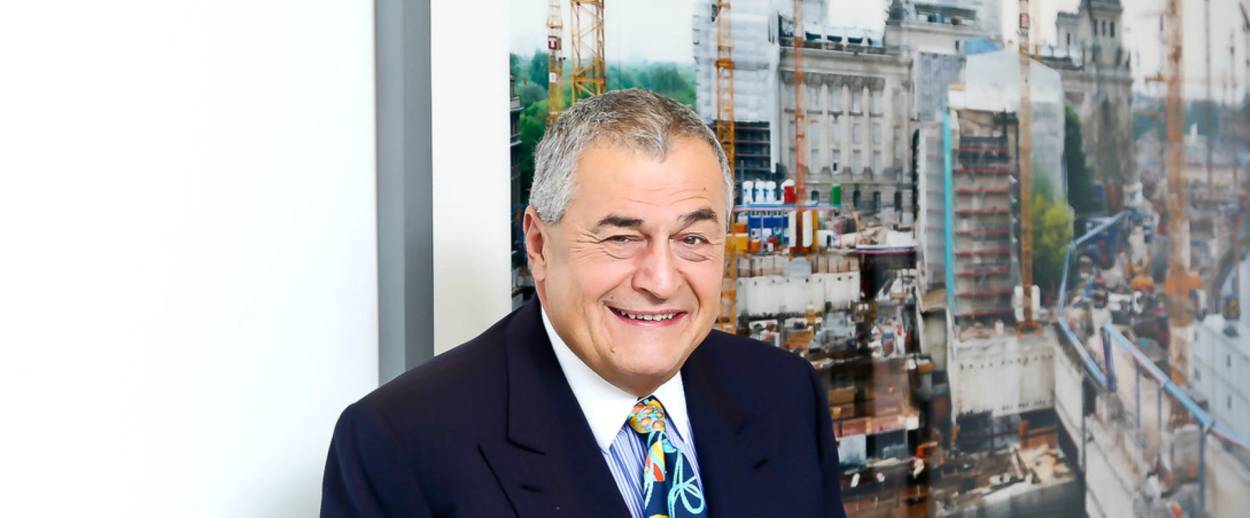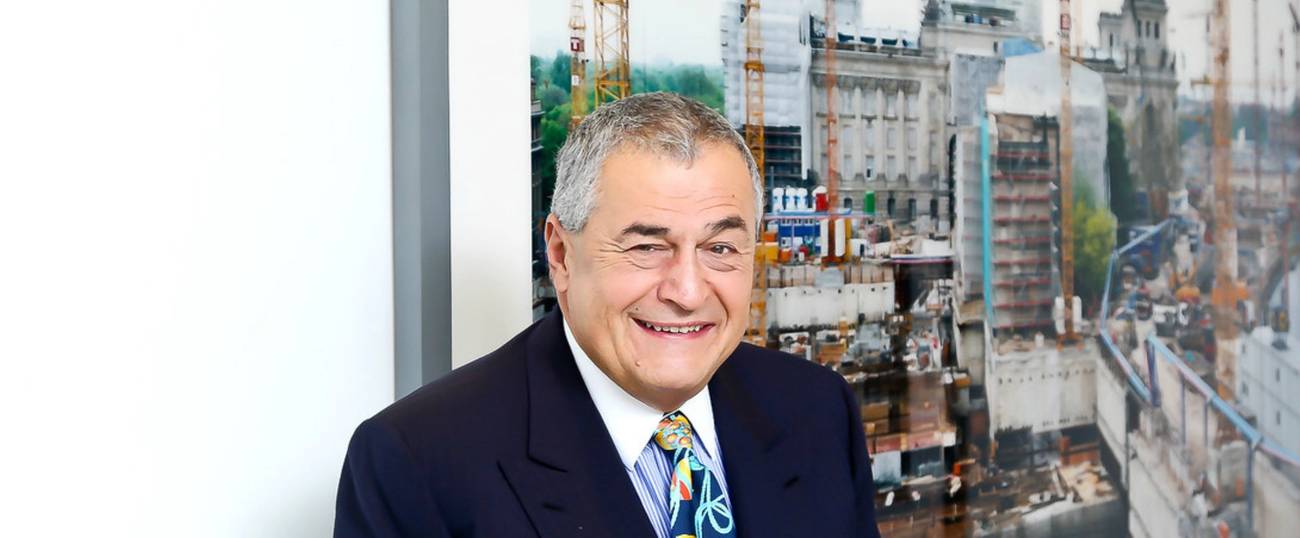Did Tony Podesta and Paul Manafort Know They Were Taking Dirty Money in Ukraine?
The Trump and Clinton campaigns both had ties to Russian political proxies




On Monday, special counsel Robert S. Mueller III, who is leading the special investigation of the Donald Trump presidential campaign’s possible collusion with Russia, indicted former Trump Campaign chief Paul Manafort along with his associate Rick Gates on charges related to Manafort’s foreign lobbying activities before the Trump campaign began. Surprisingly, Mueller has also began a related federal investigation into the Podesta Group, a Washington D.C. lobbying firm run by Tony Podesta—the brother of Hilary Clinton’s campaign chief John Podesta—who was working with Manafort to represent interests in Ukraine. Specifically, both lobbyists were representing the European Centre for a Modern Ukraine (ECMU), a Brussels-based NGO. Podesta has since announced that he would be leaving his lobbying firm, which will change its name from The Podesta Group.
In Ukraine, the ECMU was widely understood to be a “Trojan Horse” NGO for Viktor Yanukovych’s pro-Moscow Party of Regions (which has since been dissolved, its successor party being the Opposition Bloc). The ECMU’s agenda was to pursue the Yanukovych party line in Brussels and Washington D.C. through the actions of a seemingly independent civil society actor—which was actually a front for Yanukovych and his cronies. It should be remembered that the Washington D.C. lobbying competition between rival political fractions in Ukraine escalated along with the developments of the Maidan protests, so the involvement of big-time D.C. lobbyists in this fight was hardly unnoted or uncontroversial at the time.
The infamously venal Manafort, who ran political campaigns for the highest bidder, had worked on Yanukovych’s election campaigns, and directed the work for ECMU on behalf of Yanukovych. He is alleged to have received tens of millions of dollars that he channeled through various central Asian dictatorships and offshore islands.
Podesta’s work on behalf of ECMU was alleged back then to be undisclosed influence peddling on behalf of the Yanukovych. In early 2014, The Ukrainian-American diaspora actively protested Podesta’s accepting cash from the ECMU, as the desperate Yanukovich government turned to brutal methods to disrupt the EuroMaidan protests. The anti-Moscow Ukrainian opposition denounced the payments as “blood money from the regime fronted by and funneled” through the ECMU. Podesta’s work for ECMU ended only when Yanukovich and his government fled at the conclusion of the 2014 EuroMaidan protests.
But were Manafort and Podesta’s actions criminal? Though their lobbying work began in 2012, both Podesta and Manafort registered as foreign lobbyists with the Justice Department under the Foreign Agents Registration Act (FARA) only in April of 2017. The issue now is whether members of the lobbying firm understood at the time that they were working for a government backed institution rather than a conventional think tank. That is, whether it is indeed true, as Mueller charges, that that the firm “deliberately filed a less-detailed LDA disclosure knowing a FARA registration would have been more appropriate.” Numerous accounts now seem to corroborate was indeed the case.
The ECMU was first registered in Brussels by then Foreign Minister Leonid Kozhara, Evgeny Hiellier head of the parliamentary Budget Committee, and Vitaliy Kahlyushnyy, who was at the time the head of the Foreign Affairs Committee of the Rada. With a stated annual budget of about $15,000, the institution nonetheless spent almost $2 million on lobbying efforts. The lobbying money was split between Podesta and the Republican-linked Mercury lobbying firm, with the Podesta Group accruing the lion’s share of the money.
Western Intelligence sources active in Ukraine at the time tell Tablet that “No doubt those on the Hill and within the Beltway knew all of this very well at the time, as that is why you have a Political Attache in the Kyiv Embassy and a Ukraine desk in the State Dept.” Any suggestions that Podesta personally did not know that the payments were coming directly from the Yanukovich government through payments directed by Manafort, and represented the sort of high level government lobbying that needed to be reported, would clearly be farcical.
Some of the most astute observers of American politics have observed that the proceedings represent the “most significant prosecution of a Foreign Agents Registration Act violation ever.” Another way of making the same point would be that FARA violations are commonplace in Washington, and are rarely punished.
Yet it is still fairly remarkable that both the Trump and Clinton campaigns are now linked to the same Russian-connected source of corrupt lobbying cash. That Trump’s sometime campaign manager and the Clinton campaign manager’s well-connected lobbyist brother were both brazenly accepting bundles of dirty money through off-shore banking accounts from the same Russian political proxies indicates that American politics has something deeper in common with the famously corrupt, oligarchical politics of Ukraine.
Vladislav Davidzon is Tablet’s European culture correspondent and a Ukrainian-American writer, translator, and critic. He is the Chief Editor of The Odessa Review and a Non-Resident Fellow at the Atlantic Council. He was born in Tashkent, Uzbekistan, and lives in Paris.